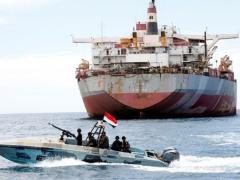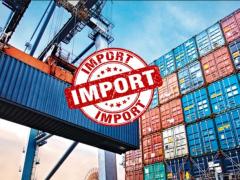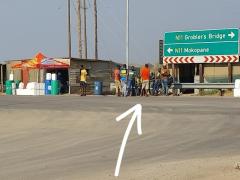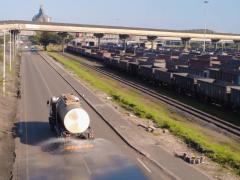Cost Insurance and Freight or CIF (named port of destination) Incoterms®2010 is the final of the eleven Incoterms (it is always plural) for the class “Rules for Sea and Inland Waterway Transport”. According to the International Chamber of Commerce (ICC), in “the second class of Incoterms®2010 rules, the point of delivery and the place to which the goods are carried to the buyer are both ports, hence the label ‘sea and inland waterway’ rules”. The ICC’s Incoterms ®2010 identifies ten obligations that the buyer may need to fulfil in terms of CIF: (1) general obligations of the buyer; (2) licences, authorisations, security clearances and other formalities; (3) contracts of carriage and insurance; (4) taking delivery; (5) transfer of risks; (6) allocation of costs; (7) notices to the seller; (8) proof of delivery; (9) inspection of goods; and (10) assistance with information and related costs. The general obligation of the buyer is essentially to pay the price of the goods, in conformity with the contract of sale. In respect of the licences, authorisations, security clearances and formalities, the buyer must obtain at his/ her own risk any import licence or other official authorisation and conduct all customs formalities for the import of the goods and for their transport through any country. The buyer has no obligation to the seller to contract for carriage and insurance. The buyer must take delivery of the goods when they have been delivered in accordance with the contract of sale, and received from the carrier at the named port of destination. The buyer bears all risks of loss of or damage to the goods from the time that the goods have been delivered. However, if the buyer fails to give notice in accordance with the “notices to the seller”, the buyer bears all risks of loss of, or damage to the goods. As for the allocation of costs, the buyer must pay all costs from the time that the goods have been delivered. This includes unloading costs, any additional costs, and where applicable, all duties, taxes and other charges, as well as the costs of any additional insurance, procured at the buyer’s request. The buyer must, should he/she be entitled to do so, determine the time for the shipping of the goods, and/ or the point of receiving the goods, within the named port of destination, and give the seller sufficient notice. With respect to the proof of delivery, the buyer must accept the transport document. The buyer must pay for any costs of mandatory pre-shipment inspection, except for mandatory pre-shipment in country of export. The buyer must inform the seller of any security-related information, and reimburse the seller for this. In next week’s issue we will provide a summary of Cost Insurance and Freight (CIF), concluding the Incoterms ®2010 series.












